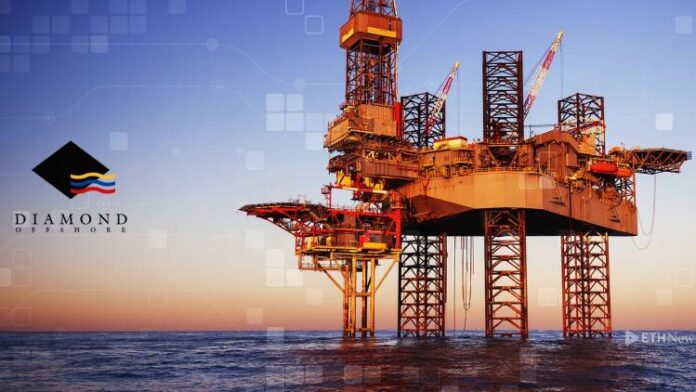I will admit to being a little bit puzzled and more than intrigued upon hearing the news over the summer that Diamond Offshore Drilling had launched its Blockchain Drilling Service. Until that point in time, blockchain had, in my mind, equaled cryptocurrency trading, and that conjured up visions of a person decked out in their jammies and fuzzy bunny slippers sitting behind their laptop screen mining for bitcoins while dreaming of their bit-riches.
Was Diamond Offshore adding bit mining to its portfolio of services, I pondered. The answer is no, but what the company did do by embracing digital technologies was add the ability for its clients to reduce their total cost of ownership.
So what is blockchain, and how does it apply to making hole?
Matt Higginson of McKinsey & Co. in a Digital McKinsey podcast described blockchain as a database or “distributed ledger” shared across a number of network participants, and at any moment in time, each member of that network simultaneously holds an identical copy of that blockchain database on their computer.
Speaking at the 2018 IADC Advanced Rig Technology Conference & Exhibition, William Fox, chief product officer for Data Gumbo Corp., explained that blockchain enables all parties in a transaction to have one version of the truth in the distributed ledger. Sitting on top of those ledgers are “smart contracts” that automatically execute the terms of a contract without human intervention, Fox noted.
“Automating execution of contracts eliminates accounting expenses, time delays, inaccuracies, legal fees, mistrust and disputes. At the same time, it increases audibility and profitability,” he said in his presentation. “It aligns incentives of all participants within the drilling industry toward a common goal.”
One example he hears quite often is how long it can take to see payment of a field ticket for services.
Source:epmag



